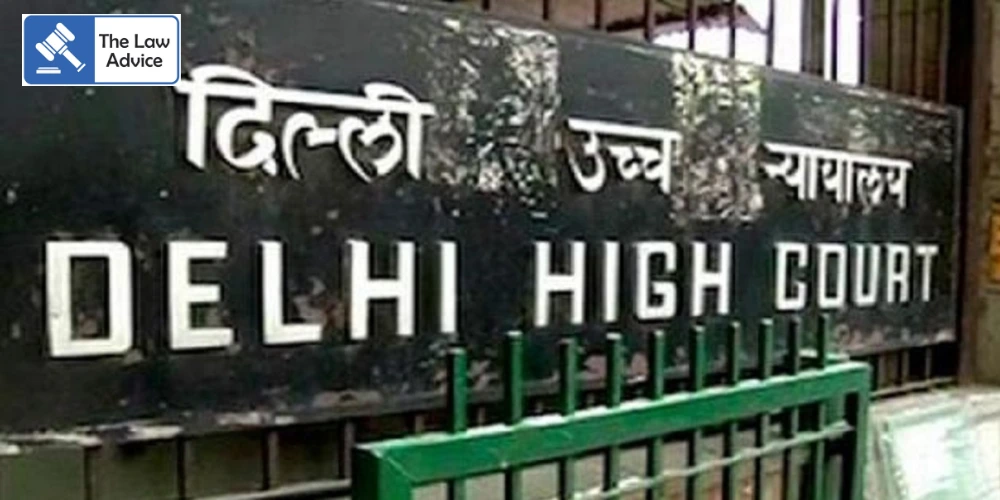The Delhi High Court has emphasized the need for rigorous judicial scrutiny when litigants invoke the expression “contemplates urgent interim relief” under Section 12A of the Commercial Courts Act, 2015. While the provision allows certain commercial suits to bypass pre-institution mediation, the Court observed that the exception must not be misused by unscrupulous parties seeking to evade the statutory mandate.
Section 12A of the Act mandates that commercial disputes be referred to mediation before filing a suit, except where the plaintiff claims urgent interim relief. The legislative objective is to encourage amicable settlement and reduce unnecessary litigation. However, courts have observed a rising trend of parties circumventing mediation through unsubstantiated assertions of urgency.
Judicial Analysis of “Contemplates Urgent Interim Relief”
Justice Purushaindra Kumar Kaurav, in a detailed 44-page judgment, pointed out that the phrase is undefined in the statute, necessitating careful judicial consideration. The Court clarified that a mere assertion of urgency is insufficient to qualify for the exception.
The Court explained:
• “Contemplates” implies that the plaintiff must have reasonably foreseen or anticipated the need for immediate relief at the time of filing the suit. It is not a formality, but a conscious application of mind to the facts.
• “Urgent” signifies a situation of critical immediacy, where delay caused by mediation would result in irreparable harm to the plaintiff’s rights or interests.
• “Interim relief” refers to interlocutory measures designed to preserve the status quo and protect the legal substratum of the dispute until final adjudication.
The Court emphasized that urgency must be substantiated with factual predicates, evident from pleadings, the cause of action, and the plaintiff’s conduct. Speculative or perfunctory claims cannot justify bypassing mediation.
“Courts act as sentinels at the door of Commercial Courts—verifying whether the plaintiff’s claim of urgency is genuine. If the claim is legitimate, the suit may proceed without mediation; if not, the plaintiff must be directed to mediation,” the judgment noted.
Scope and Safeguards
The Court clarified that invoking urgency does not automatically entitle interim relief at the admission stage. Instead, it requires a holistic assessment of the pleadings and cause of action. Courts are duty-bound to reject mechanically crafted claims of urgency aimed solely at evading mediation.
Illustrative factors identified by the Court for threshold scrutiny include:
1. Origin and timeline of the cause of action;
2. Timing and manner of approaching the Court;
3. Whether adherence to pre-institution mediation would materially prejudice the plaintiff.
The Court cautioned that unscrupulous litigants could otherwise undermine the legislative framework, which is designed to reduce judicial burden and promote alternative dispute resolution mechanisms.
The matter was heard with appearances from senior counsels: Mr. Harish Malhotra and Mr. Dayan Krishnan, along with a team of advocates, representing the plaintiff M/s Exclusive Capital Limited. The respondents, including Clover Media Private Limited, were represented by senior advocates Rajiv Nayar and Jayant Mehta with supporting counsel.
The case is registered as CS(COMM) 399/2025: M/s Exclusive Capital Limited v. Clover Media Private Limited & Ors.
The judgment reinforces the Court’s gatekeeping role, ensuring that exemptions under Section 12A are invoked genuinely, balancing the plaintiff’s need for urgency with the statutory objective of mandatory pre-institution mediation.
